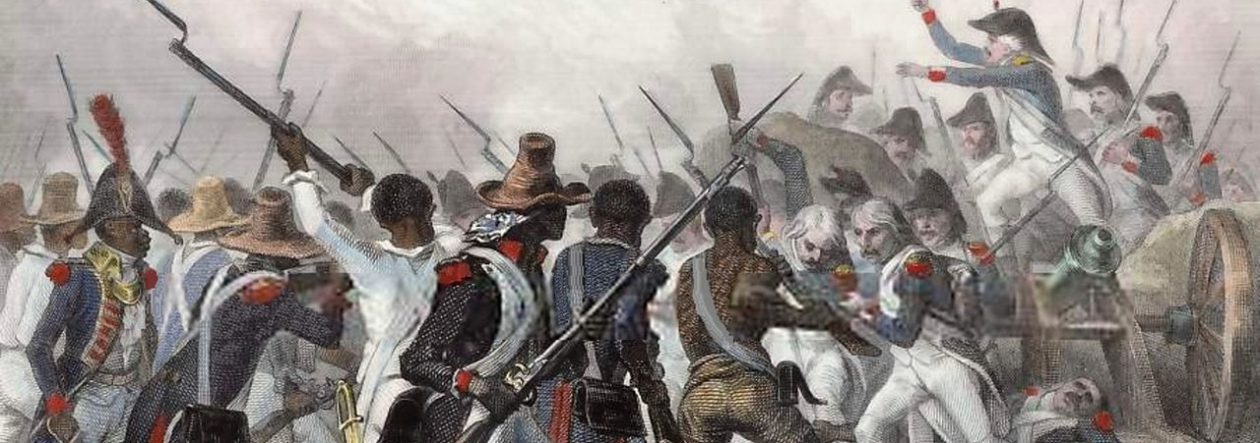Interviewed by Michael Noctor
Introduce yourself and field of expertise
Why did the likes of Miranda and Bolivar choose to fight against Spanish colonial rule?
What sort of ideas did they look to borrow from other revolutions that had occurred before them and that were occurring during their lifetime?
Would it be fair to characterise Miranda then as analogous to the founding fathers of the United States in many ways?
Why does Miranda deserve to be better known throughout the UK, do you think?
Turning to Bolivar, how is he swept up in this movement/struggle for South American independence from Spain?
Would it be fair to characterise Bolivar as the Napoleon of South America?
How was Bolivar viewed by his contemporaries in South America?
Are there any noteworthy controversies that people should be aware of?
Were there any social movements or social trends in South America and in Latin America that Miranda and Bolivar played a part in or struggled against?
Would it be fair to view Bolivar as military success than a political success?
Was South America better or worse off before his actions?
So, his legacy to South America, one might say is institutions and structural, so to speak, and impacts politics and government?
Thinking about the end of Bolivar life, how do these newly independent South American states view each other and why is there, from an outsider point of view, such sharp rivalries and disagreements? Could that be known as one of one of his legacies?
How is Bolivar viewed today? Does he have a positive reputation or is it tainted?
What can he teach us in the modern day?
